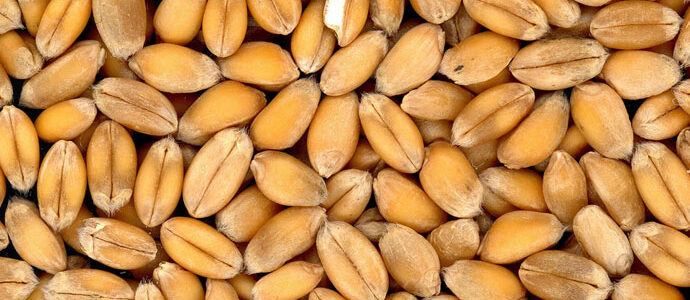
The European Commission may extend for another two months the embargo on imports of Ukrainian grain, including wheat, corn, rapeseed and sunflower seeds, to Poland, Hungary, Romania, Slovakia and Bulgaria.
A source close to the negotiations told Interfax-Ukraine on Wednesday in Brussels.
As you know, a meeting of the coordination platform is taking place in Brussels on Wednesday with the participation of the countries concerned.
“It is proposed to extend the ban on imports of Ukrainian grain for two months. It is not yet known when the official decision will be made,” he said.
At the same time, the deadline for the ban on Ukrainian grain imports expires on September 15.
As you know, in May 2022, the EU decided to suspend import duties, quotas and trade remedies on Ukrainian exports to the European Union – known as autonomous trade measures – to help alleviate the difficulties faced by Ukrainian producers and exporters after the Russian invasion. At the same time, following logistical problems in Bulgaria, Hungary, Poland, Romania, and Slovakia caused by imports of wheat, corn, rapeseed, and sunflower seeds originating in Ukraine, exceptional and preventive measures on their imports came into force on May 2, 2023, and were extended on June 5.
A day earlier, on September 12, European Commissioner for Agriculture Janusz Wojciechowski spoke in the European Parliament about the need to maintain the ban on imports of wheat, corn, rapeseed and sunflower seeds from Ukraine to Bulgaria, Hungary, Poland, Romania and Slovakia. According to him, this decision has proved to be effective and should be extended after September 15 with the simultaneous expansion of the Solidarity Roads for the transit of these Ukrainian products. “We have found a solution that, firstly, stabilized the market in these (five) countries, and, secondly, allowed us to increase transit from 2.9 million tons before the ban from Ukraine to 3.2 million tons after the ban was introduced,” he said.
According to the EC, 44 million tons of agricultural products have already been transported from Ukraine via the road and rail “Solidarity Roads” of these countries, and according to current forecasts for this marketing year 2023-2024, Ukraine needs to export 56 million tons of grain, or 4.7 million tons on average per month. “The Black Sea is blocked, and no one knows if it will be unblocked by Russia. Russia knows what it is doing in this regard, what criminal activities it is conducting, and it is using food as a weapon. But we are able to help Ukraine export these 4.7 million tons by land through the Solidarity Corridors. We just need to improve and expand these corridors,” the European Commissioner emphasized.
Wojciechowski mentioned Baltic ports as new routes: Lithuania, Klaipeda, Riga, and the ports of the Adriatic, as Romania is practically unable to increase transit.